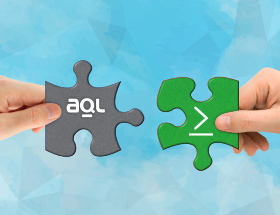Monitoring and Optimizing Artifactory Performance
As Artifactory usage increases, its resources can gradually become depleted, causing hiccups or hits in performance. When usage increases, so does the importance of monitoring your system and its historical data. Monitoring usage patterns is an essential first step to optimizing Artifactory and ensuring its stability. Here, we would like to share with you some …





